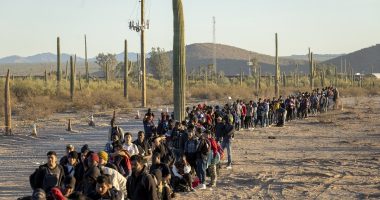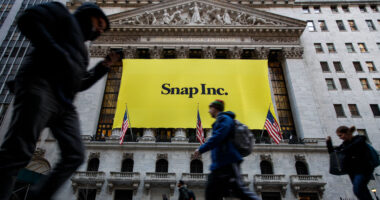
American Airlines Group Inc. AAL 5.13% said it would raise $7.5 billion backed by its frequent-flier program to repay a loan that the carrier took out from the federal government after the coronavirus pandemic decimated air travel.
The airline on Monday said it would issue $5 billion in notes and seek a $2.5 billion term loan backed by AAdvantage, its loyalty initiative for customers, to secure the funds. Both Delta Air Lines Inc. and United Airlines Holdings Inc. also have tapped their respective frequent-flier programs to land financing.
Carriers have found the relatively stable cash flows that their frequent-flier programs bring in to be a rich source of collateral for financing.
Airlines mainly earn money from frequent-flier programs by selling miles to banks and retailers that then award them to customers who sign up for credit cards and make purchases. That means airlines stand to benefit from every swipe of a co-branded card, whether customers are buying plane tickets or clothing. Airlines have said this revenue has held up better than ticket sales as travel demand dried up last year.
American said it would use the financing it expects to raise to pay back funds it borrowed from the Treasury Department. The new financing won’t add to the airline’s debt but will replace a $7.5 billion secured loan it had taken out from the government under the Cares Act. American had drawn $550 million under that loan, the company said in January.
Airlines have been among the businesses hit hardest by the spread of the coronavirus, as companies slashed work-related travel and people postponed vacations and other leisure trips. U.S. carriers had their worst year ever in 2020, forcing them to build up cash while waiting for a recovery in demand.
Derek Kerr, American’s finance chief, said in January the carrier had recently extended the final draw date for the Cares Act loan from late March to late May. “This extension gives us more time to decide our liquidity needs for the year based on the pace of the recovery as well as to evaluate alternatives to drawing” from that facility, he said then.
Last June, United said it would borrow $6.8 billion using its frequent-flier program. Delta in September announced that it would raise $9 billion secured by SkyMiles, its loyalty initiative.
Write to Micah Maidenberg at [email protected]
Copyright ©2020 Dow Jones & Company, Inc. All Rights Reserved. 87990cbe856818d5eddac44c7b1cdeb8












